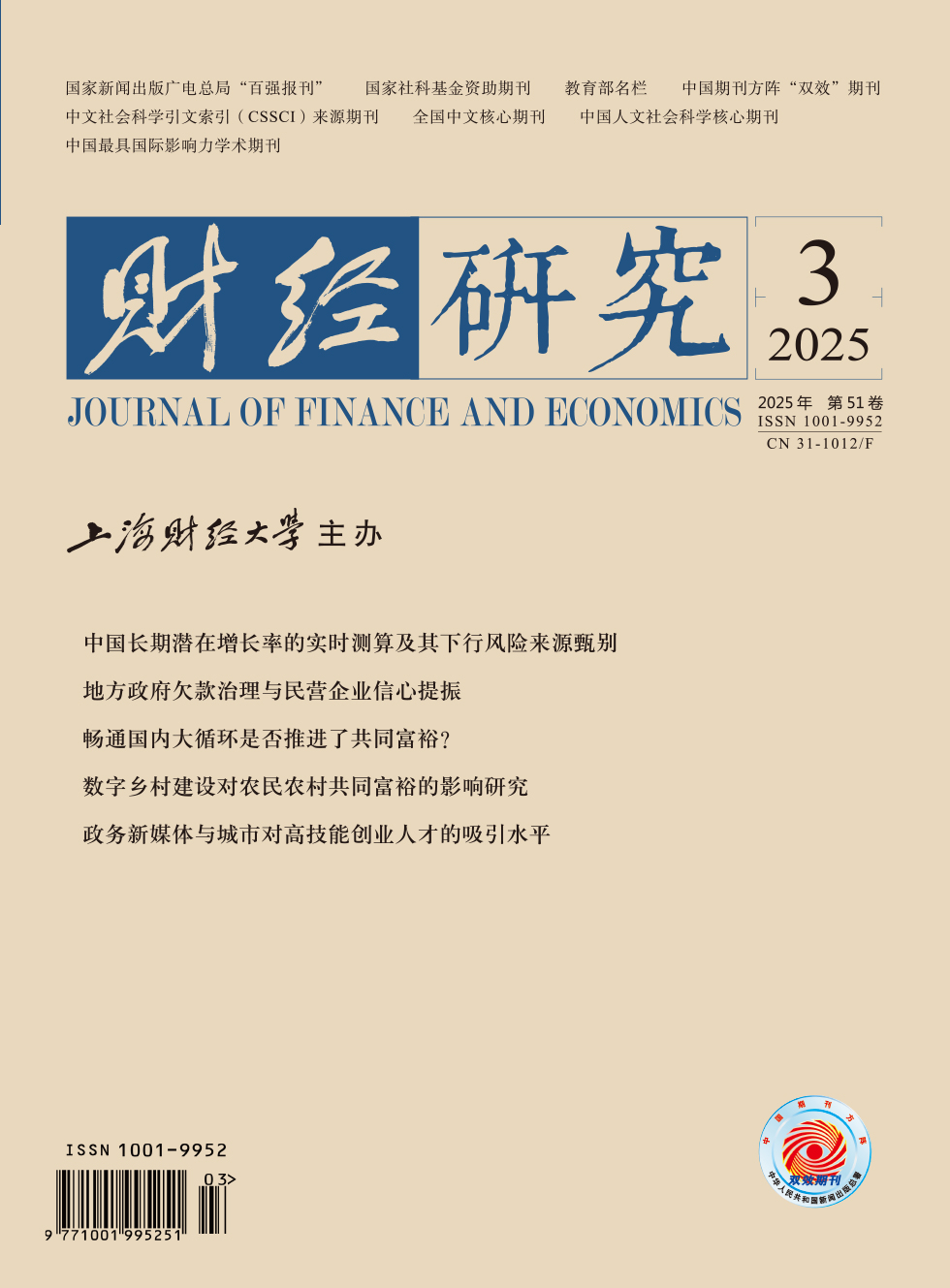Family businesses constitute a vital component of China’s economy and serve as a driving force for economic growth and structural transformation. In recent years, as the first-generation entrepreneurs are approaching their retirement age, Chinese family businesses have entered a peak period of intergenerational succession dominated by the “father-to-son inheritance” model. However, existing research indicates that such succession processes often lead to performance decline, market exit, and even business demise. Globally, only a minority of family businesses survive into the second generation.
Reputation and other specialized intangible family assets serve as a crucial source of competitiveness and play a decisive role in the long-term sustainability of family businesses. To protect and develop these intangible assets during succession, family businesses may demonstrate stronger motivation to reduce reputation-damaging tax avoidance behaviors. This strategic adjustment helps mitigate potential adverse impacts of succession on corporate performance, thereby facilitating successful succession and enduring family legacy. Using data from A-share listed family enterprises in Shanghai and Shenzhen (2009–2021), this paper reveals that: (1) Intergenerational succession significantly reduces tax avoidance in family businesses, which is still valid after various robustness tests and addressing potential endogeneity. (2) The tax avoidance reduction effect is more pronounced in family businesses jointly managed by the first and second generations, service industry family businesses, and regions with stricter tax enforcement. (3) Intergenerational succession significantly reduces corporate performance, but a good corporate reputation not only enhances corporate performance, but also effectively counteracts the negative performance shocks induced by succession.
This paper deepens our understanding of family businesses’ strategic behaviors in preserving specialized intangible family assets during intergenerational succession, and expands the discourse on tax planning in this process. The findings carry important policy implications, suggesting that promoting tax compliance and other behaviors that protect and develop a good corporate reputation could facilitate successful succession and sustainable development of family businesses.





 3545
3545  3970
3970

